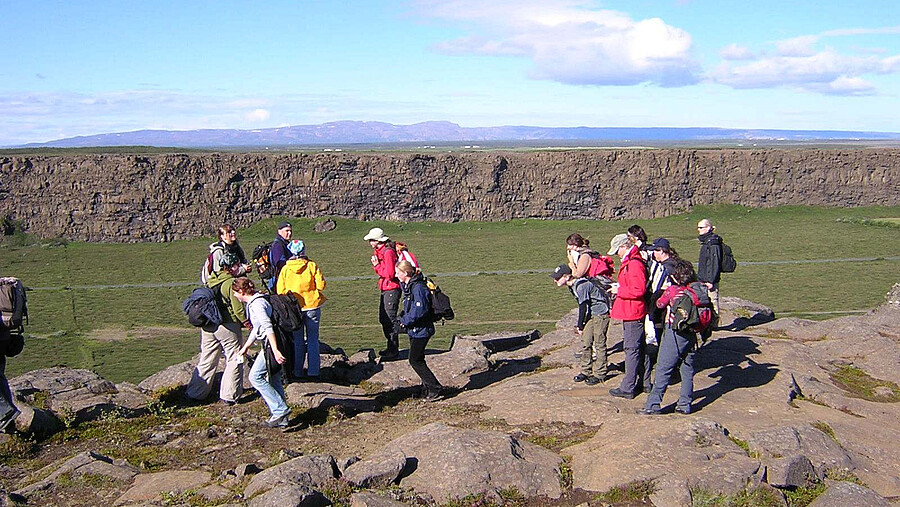Environmental Planning and Territorial Development - Territorial Development Track
(Master of Science)
Profile
English B2
Find out more
Pre-internship (recommended)
Stay abroad possible, but not obligatory.
Short Description
Environmental planning and territorial development are among today’s key tools for achieving sustainable development. The consequences of global and regional change for humanity, flora and fauna, and ecological and economic systems are becoming increasingly apparent. Climate change, the development of renewable energies, changes in urban/rural relations, and the conservation of biodiversity are major challenges for society.
- The Track Nature Conservation and Landscape Planning addresses the issue of extensive nature conservation and how it can be implemented in landscape planning, whereas
- the Track “Territorial Development” focuses on planning and control instruments for integrating the environmental perspective into comprehensive spatial development.
Students on the Master’s programme in Environmental Planning and Territorial Development train to become experts who understand landscapes and regions with their natural features, as well as current uses and potential, in their contemporary complexity and spatial development. Students learn to develop landscape designs in which they strike a balance between the different usage interests, taking into account provisions under nature conservation and planning law.
Having opted for one Track, students may still take optional modules from the other area of specialisation; in the Track “Territorial Development”, the primary language of instruction is English.
Course Content
- Urban planning and territorial development
- Landscape and environmental planning
- European spatial planning
- Planning theory
- Environmental assessment
- Introduction to EU law
- Project-centred learning
- Key transferable skills
Do you have questions about studying? We are happy to help!

30167 Hannover

30167 Hannover









